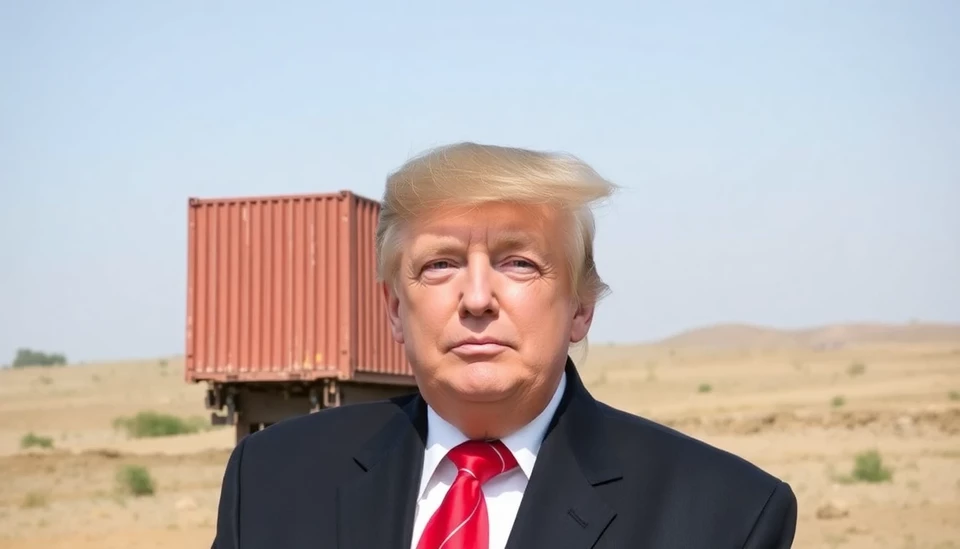
In a striking revelation, recent policies tied to former President Donald Trump’s tariffs have significantly impacted the livelihoods of people in some of the poorest countries across the globe. Originally intended to protect American industries and promote domestic manufacturing, these tariffs are unintendedly deepening the economic woes of nations already struggling under the weight of poverty and instability.
Since Trump implemented heavy tariffs on numerous imports in 2018, these measures have disproportionately affected low-income countries that rely on export-oriented industries. One of the hardest-hit sectors is textiles, where countries such as Bangladesh, Haiti, and Ethiopia have experienced a decline in demand from the U.S. market, leading to substantial job losses and income instability for countless families.
Reports indicate that this trend has extended beyond mere economic figures and has begun to affect social structures in these regions. Many workers in the garment industry are struggling to afford basic necessities as jobs vanish or workers are forced to accept lower wages simply to survive. Families are facing the grim reality of food insecurity, and communities suffer from the resulting financial strain. The impacts are felt most strongly among women and marginalized groups, who often dominate the low-wage labor market in these countries.
Advocates for global poverty alleviation have expressed concern over the ramifications of these tariffs. Nonprofit organizations are calling for a reassessment of trade policies that seem to disregard the interconnectedness of global economies. These tariffs not only harm foreign workers but may ultimately threaten the economic recovery of local businesses in the United States that depend on these international partners to provide affordable raw materials and goods.
With the upcoming elections and ongoing debates regarding foreign policy and trade, experts recommend that the U.S. administration consider more equitable trade agreements. Reinstating favorable trade conditions and removing or reducing tariffs on essential products could substantially improve the economic conditions in these vulnerable nations, allowing them to stabilize and rebuild.
The consequences of the tariffs may have lasting repercussions for the economies of low-income countries, creating a cycle of poverty that takes years to overcome. As discussions around these policies evolve, both policymakers and the public are urged to recognize the profound impact that domestic decisions can have on global communities.
As the world watches these developments, the call for a reformed trade approach that balances America's interests with the needs of the most disadvantaged nations continues to grow stronger. The stakes are high, and the need for change is urgent.
#TrumpTariffs #GlobalEconomy #PovertyAlleviation #TradePolicy #EconomicImpact #SocialJustice #TextileIndustry #InternationalRelations
Author: Laura Mitchell




